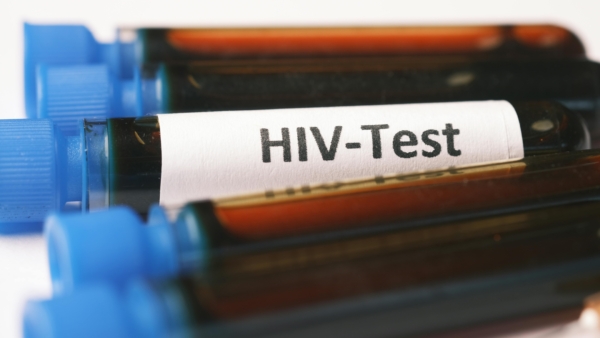Ottawa urged to review past HIV cases for wrongful convictions
Canada has been described as a “global hot spot” by advocacy groups for HIV nondisclosure prosecutions. One lawyer hopes to change that.
The federal government must review past criminal cases of HIV nondisclosure for possible wrongful convictions, says the president of Ontario’s Criminal Lawyers’ Association.
Such a review would highlight the pressing need for a permanent commission to proactively review wrongful convictions in all cases, said Daniel Brown — something that a panel of retired judges recommended to the government, but which has yet to take shape.
“Yes, we want the government to carefully consider how this commission should be established, but they’ve had more than enough time to get this commission off the ground,” Brown said, “and if the government was motivated to see a wrongful conviction commission, it would exist already.”
Brown was speaking in the wake of the recent successful appeal of his firm’s client, Jennifer Murphy.
She had been convicted of aggravated sexual assault in 2013 for not disclosing her HIV-positive status in a consensual sexual encounter, despite having a low viral load due to antiretroviral medication which made it impossible for her to transmit the virus.
Canadian law requires an individual living with HIV to disclose their status to a sexual partner if there is a realistic possibility of transmission. At the time of Murphy’s conviction, it was generally understood within the legal system that disclosure was not necessary if the individual had both a low viral load and used a condom. No condom was used in the Murphy case.
The federal government says it wants to reform the law around nondisclosure, recognizing that a low viral load alone means there can be no realistic possibility of transmission. Consultations with advocacy groups are set to take place this month.
Canada has been described as a “global hot spot” by advocacy groups for HIV nondisclosure prosecutions, with more than 220 by the end of last year. Individuals are usually convicted of the crime of aggravated sexual assault, which carries a prison sentence and mandatory registration on the sex offenders registry.
Brown said there needs to be a plan to review those cases for circumstances similar to Murphy’s, where individuals had been convicted of a serious criminal offence despite being unable to transmit the virus — in other words, convicted because the law had not caught up with the science.
Reviewing wrongful convictions is also one of the four main demands put to the government in a statement released this year by the Canadian Coalition to Reform HIV Criminalization and signed by dozens of organizations.
Without commenting on specific cases, a spokesperson for Justice Minister David Lametti pointed out that individuals can appeal their case if they believe there has been an error. “Many errors and miscarriages of justice are corrected by appeal courts across the country,” said Chantalle Aubertin.
But Brown said that’s an “exhaustive and expensive” process, even more so for individuals convicted for HIV nondisclosure, who may already face stigma along with barriers to employment due to having a criminal record. It’s not a process they can navigate on their own, he said.
In the Murphy case, Brown said she had to file a formal motion seeking an extension of time to bring her appeal, retain an infectious diseases expert, and have lawyers spend multiple days arguing over admissibility of evidence.
“It was a lengthy process that lasted well over three years and an expensive one as well, even with lawyers who were prepared to donate their time for free,” Brown said.
“Simply saying that people can take their case before the appeal courts fails to recognize those barriers that exist, and that’s why it’s important that a wrongful conviction review be created to address these concerns.”
Under the current wrongful conviction review process, once an individual convicted of any crime has exhausted all of their rights to appeal, they can request that their case be reviewed by a special group at the justice department — a process that can take years. The minister then ultimately decides whether the application should be granted or dismissed.
“This is the process now, and it is one we accept needs to be improved,” Aubertin said.
Last year, a report to the government from former judges Harry LaForme and Juanita Westmoreland-Traoré recommended the creation of an independent commission to proactively review cases that might have resulted in wrongful convictions, saying such a body was “urgently required.”
Aubertin said Lametti is “fully committed” to the creation of a commission, and that the policy work necessary to create it is underway.
“Minister Lametti would like the commission ready to launch by the end of his mandate — but it is important that we take the time to do this properly. Too much is at stake,” she said.








